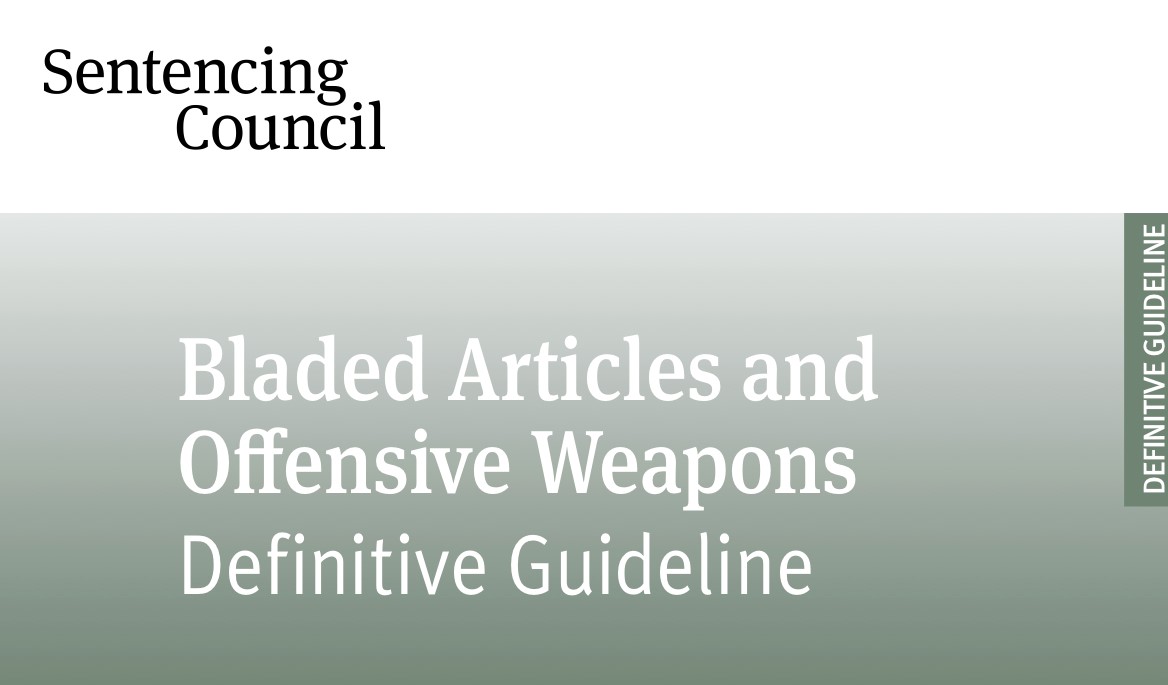All posts by Andrew Wesley/h3>
Chesterfield Crown Court litigator Ruth Campbell and Nottingham Solicitor Advocate Andrew Wesley were recently instructed in another case involving a prosecution dependent on evidence provided by paedophile hunters. An outline of a previous case that failed due to problems with such evidence can be found here.
There client had an unusual defence to put forward. He had logged into an adult chatroom. He believed that any conversations he had online, and later on other social media threads, was with a person pretending to be a child for the purposes of a sexual fantasy.
His instructions were that a full record of each conversation would support his account. As a result, immediately following his not guilty plea, specific enquiries were made of the prosecution.
Evidence required from paedophile hunters’ phones
In order to establish the evidence that could lead to our client’s acquittal the following information was requested:
- full threads of the messaging from the adult site taken from the paedophile hunters’ phones
- similar threads from other messaging apps used to communicate, again from their phones
- the profiles that the hunters were using on the adult site
- our client’s profile
It appears often the case that the police are content to rely upon screenshots given to them by the paedophile hunters. As a result, the prosecution is dependent upon evidence that may be incomplete. It a client intends to advance a defence it is vital that these enquiries are made immediately.
The witnesses also maintained that our client had made a confession that had been filmed and streamed. The footage located online was only partial and did not contain a confession. That material was also sought.
The prosecution asked for the case to be brought into the list several months before the trial date. This was because, as a result of our enquiries, they had look at the case and intended to offer no evidence. This was because the prosecution had been unable to secure the evidence that we had requested and as a result could not check its veracity or accuracy.
The evidence had not been preserved by the witnesses themselves, and was no longer available. A software corruption had also occurred which mean that the phones could not be properly interrogated now. Finally, there was no footage said to contain a confession to the offence.
Paedophile hunters ‘need to be aware of the rules’
The Judge hearing the case observed that in terms of case numbers, prosecutions dependent upon evidence from paedophile hunters was a ‘growth area’. Although a large proportion of these cases result in a guilty plea, particularly where charges are backed up with a video of a meeting.
He went on, however, to express a real concern about the nature of the ‘investigators’, accepting that this was in many cases a ‘loose’ use of the term. The Judge expressed concerns that they operated outside any statutory scheme of evidence preservation and disclosure. If they were to continue in such cases, his view was that they ought to be made aware of the rules. If they do not consider and comply with the rules, they won’t be a help and their conduct will lead to more cases with difficulties such as this one.
Contact a Crown Court litigation specialist

It may be that you face potential proceedings based on evidence provided by paedophile hunters, or another serious allegation. If so, you will wish to instruct a Crown Court litigation and advocacy team that will takes steps at an early stage of proceedings to advance your case where necessary.
Ruth is based at our new Chesterfield office. You can find the contact details here. Alternatively you can use the contact form below. If one of our other offices is closer to you then please contact the one most convenient to you for an appointment.












